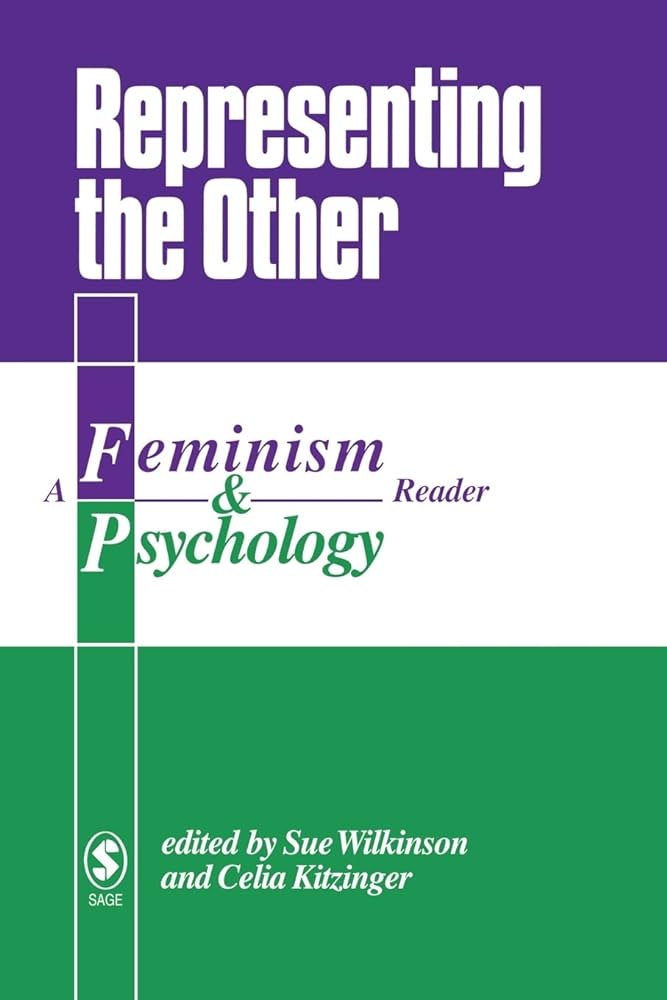差异还是功能障碍?解构女性性兴趣/觉醒障碍的DSM-5诊断中的欲望
IF 1.9
3区 心理学
Q2 PSYCHOLOGY, MULTIDISCIPLINARY
引用次数: 9
摘要
这篇文章回应了批判性学术的持续呼吁,探讨女性身体的结构如何影响和受到更广泛的社会文化背景的影响。具体而言,本文对女性性欲进行了概念性分析,突出了其病态化的深刻政治本质。我们简要地探讨了性欲的主要定义和模型,以强调体现欲望的消除是健康女性性行为的重要组成部分。DSM-5对女性性兴趣/觉醒障碍的诊断进行了批判性的分析,以强调欲望差异是如何被框定为性别、个体问题的,它忽略了导致个体痛苦的关系、背景和社会政治因素。当欲望的语言被兴趣的语言取代时(尤其是当被框定为接受性时),将欲望和权利理论化的能力就会被削弱。我们认为,各种欲望的病态化模糊了具体化欲望的可能性,并忽略了所有类型的欲望(缺失的、频繁的、身体的、情感的)都可能代表正常的性变化。本文章由计算机程序翻译,如有差异,请以英文原文为准。
Difference or dysfunction?: Deconstructing desire in the DSM-5 diagnosis of Female Sexual Interest/Arousal Disorder
This article answers ongoing calls within critical sexuality scholarship to explore how constructions of women’s bodies influence and are influenced by broader sociocultural contexts. Specifically, this article offers a conceptual analysis of female sexual desire, highlighting the deeply political nature of its pathologization. We briefly explore dominant definitions and models of sexual desire to highlight the erasure of embodied desire as an important part of healthy female sexuality. The DSM-5 diagnosis of Female Sexual Interest/Arousal Disorder is critically analyzed to highlight how desire differences are framed as gendered, individual problems which sidelines relational, contextual, and sociopolitical factors contributing to individual distress. When the language of desire is displaced by the language of interest (particularly when framed as receptivity), the capacity to theorize wanting and entitlement is undermined. We argue that the pathologization of diverse desires obscures possibilities for embodied wanting and neglects the consideration that all types of desire (absent, frequent, physical, emotional) may represent normal sexual variations.
求助全文
通过发布文献求助,成功后即可免费获取论文全文。
去求助
来源期刊

Feminism & Psychology
Multiple-
CiteScore
3.30
自引率
11.10%
发文量
51
期刊介绍:
Feminism & Psychology provides a forum for debate at the interface between feminism and psychology. The journal"s principal aim is to foster the development of feminist theory and practice in – and beyond – psychology. It publishes high-quality original research, theoretical articles, and commentaries. We are interested in pieces that provide insights into the gendered reality of everyday lives, especially in relation to women and girls, as well as pieces that address broader theoretical issues. Feminism & Psychology seeks to publish work from scholars, researchers, activists and practitioners at all stages of their careers who share a feminist analysis of the overlapping domains of gender and psychology.
 求助内容:
求助内容: 应助结果提醒方式:
应助结果提醒方式:


